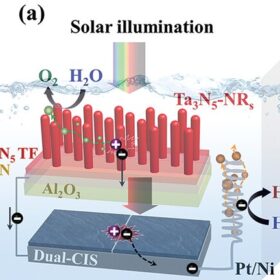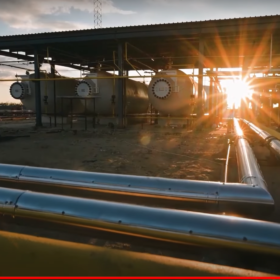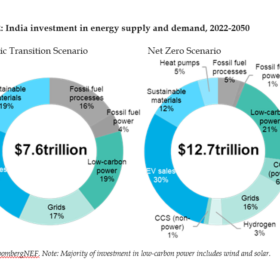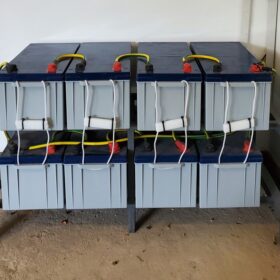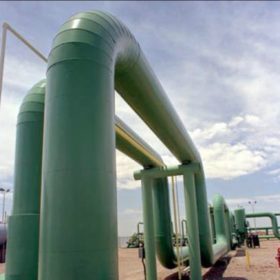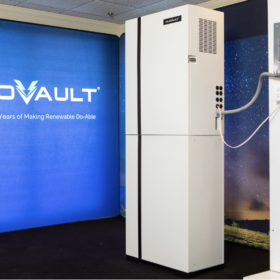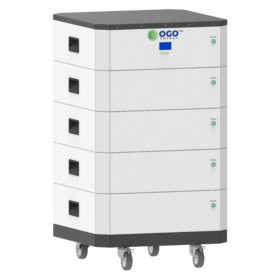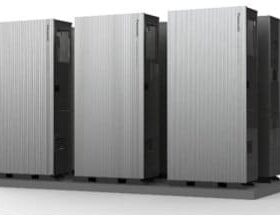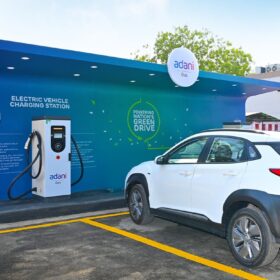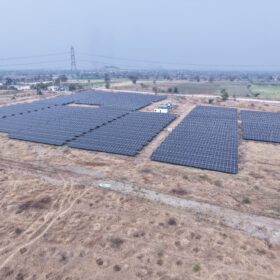The Hydrogen Stream: Water splitting with solar-to-hydrogen efficiency of 12%
A Japanese team is working on a solar water splitting system with a 12% solar-to-hydrogen efficiency, while UK researchers have identified the reason why graphene’s dense crystalline structure is much more permeable to protons.
Acme signs land agreement for green hydrogen, ammonia project in Odisha
Acme Group will set up a green hydrogen and ammonia project at Tata Steel Special Economic Zone Ltd’s Gopalpur Industrial Park in the Ganjam district. The land agreement sets aside 343 acres of land for the project.
India’s transition to net-zero emissions presents $12.7 trillion investment opportunity
India’s energy system requires investments totaling $12.7 trillion between 2022 and 2050 to reach net-zero emissions by mid-century.
German consumer group debunks residential battery misconceptions
Verbraucherzentrale NRW, a German consumer protection association, has issued a warning about five misleading assumptions about PV-linked residential battery systems.
NHPC, APGENCO partner on pumped storage and renewable energy projects in Andhra Pradesh
NHPC and APGENCO will initially develop 1,950 MW of pumped hydro storage projects (950 MW in Kamlapadu and 1,000 MW in Yaganti) through a joint venture.
HSBC announces $2 million funding to IIT Bombay, Shakti Sustainable Energy for green hydrogen innovation
HSBC India has partnered with the Indian Institute of Technology (IIT) Bombay to support innovation-led green hydrogen initiatives. It has also partnered with Shakti Sustainable Energy Foundation (SSEF) to support policy research, and technological and financial solutions for real-world application of green hydrogen in industrial clusters across four states of India.
KiloVault introduces solar-ready DIY off-grid battery
KiloVault has developed a solar-ready, do-it-yourself (DIY) offgrid battery, with sizes ranging from 4.3 kWh to 27.6 kWh. It comes equipped with a pre-wired, single-phase AC inverter and the ability to directly accommodate electrical loads.
OGO Energy launches residential battery storage solutions
India’s OGO Energy has launched battery energy storage systems with indigenously developed smart battery management system. These systems feature a modular design. Up to five battery modules of 5.12 kWh each can be combined to give a storage capacity of 25.6 kWh.
The Hydrogen Stream: New way to make drug materials from hydrogen
UW–Madison has developed an environmentally friendly approach for producing essential drug ingredients by opting for hydrogen, while India has presented new green hydrogen standards.
Adani TotalEnergies E-Mobility, Evera Cabs partner to develop charging hubs
The two partners will initially set up a large-sized super hub in Samalkha, New Delhi, with 200 EV charging points. It will have a combination of AC and DC chargers and will support Evera consumers as well as other cab aggregators and individual EV owners.
